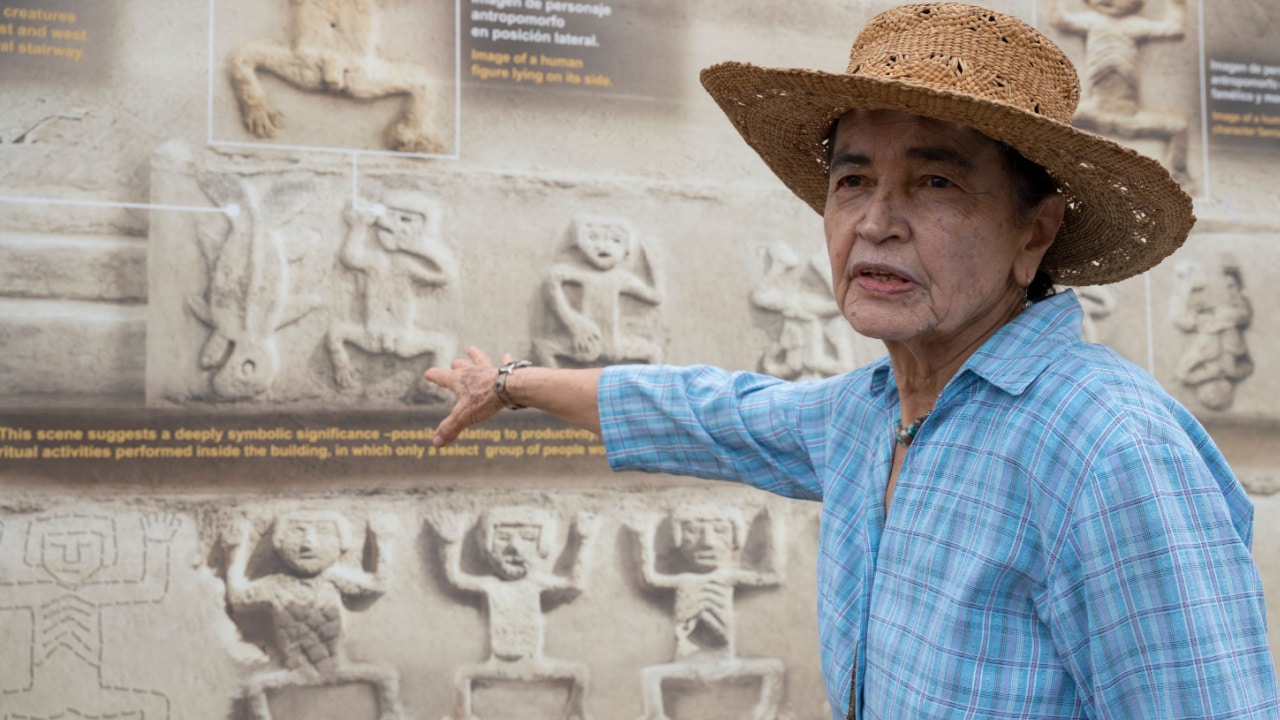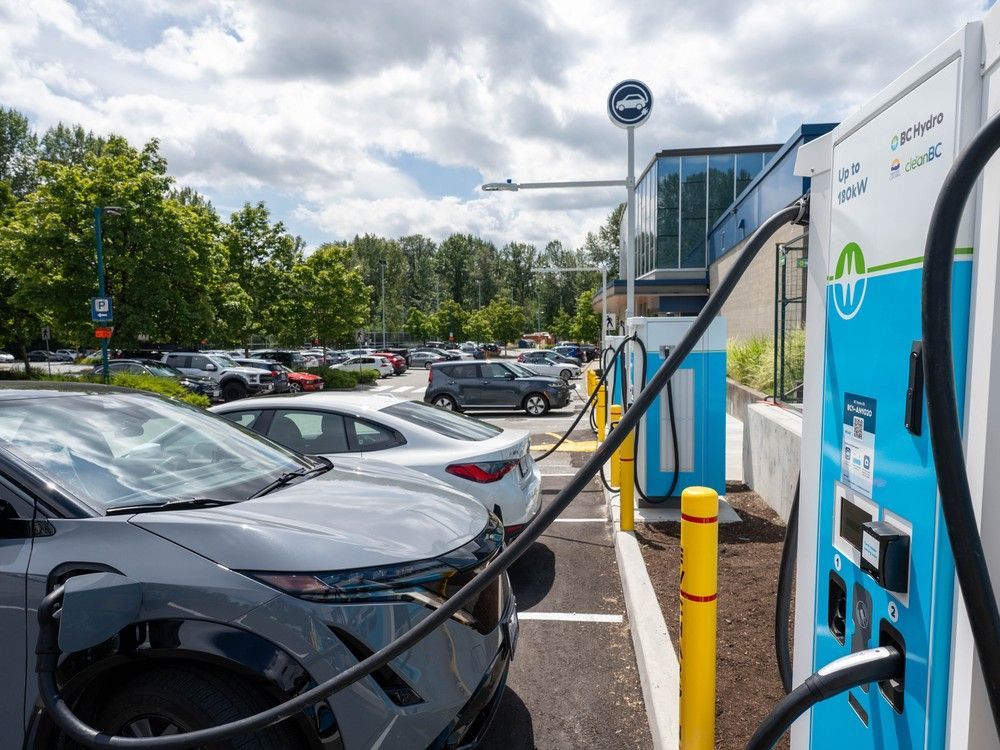The recent discovery of Peñico, an urban center of the Caral civilization in Peru, sheds light on how ancient societies navigated climate-related challenges. This finding is significant as it highlights a model of resilience that contrasts sharply with contemporary responses to environmental crises, which often involve conflict and division. The Caral people, who thrived over 5,000 years ago, developed sophisticated agricultural practices and social structures that enabled them to adapt to changing climates without resorting to violence. Understanding their approach offers critical insights into sustainable living and community cohesion in the face of adversity, raising questions about modern strategies for climate resilience.
The implications of the Caral civilization's peaceful adaptation to climate challenges are profound. By prioritizing cooperation and collective action, they maintained social stability and resource management, which can inform current strategies for addressing climate change. This historical perspective emphasizes the importance of fostering community ties and collaborative governance in contemporary society. As we face escalating climate disasters, the lessons from Peñico advocate for a shift towards peaceful, inclusive solutions that prioritize long-term sustainability over short-term gains, ultimately suggesting that harmony may be the key to enduring environmental challenges.








